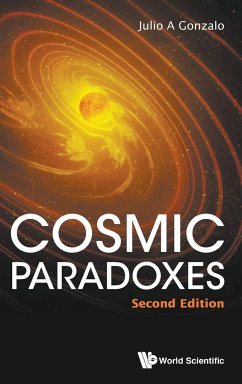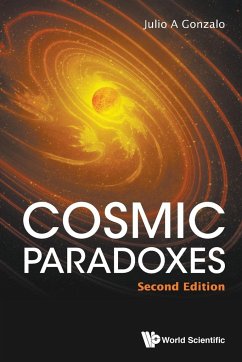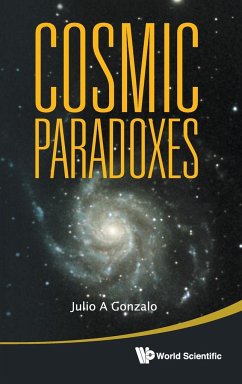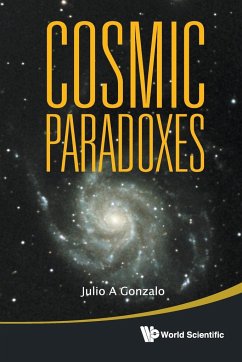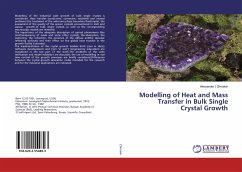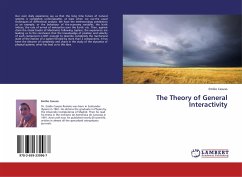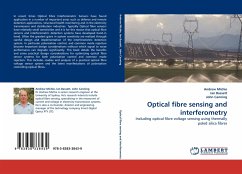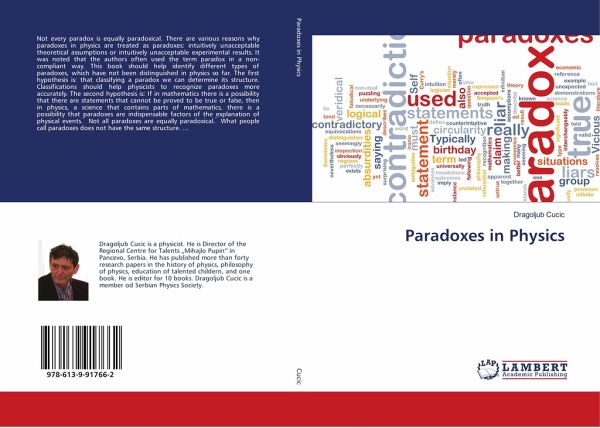
Paradoxes in Physics
Versandkostenfrei!
Versandfertig in 1-2 Wochen
50,99 €
inkl. MwSt.

PAYBACK Punkte
25 °P sammeln!
Not every paradox is equally paradoxical. There are various reasons why paradoxes in physics are treated as paradoxes: intuitively unacceptable theoretical assumptions or intuitively unacceptable experimental results. It was noted that the authors often used the term paradox in a non-compliant way. This book should help identify different types of paradoxes, which have not been distinguished in physics so far. The first hypothesis is: that classifying a paradox we can determine its structure. Classifications should help physicists to recognize paradoxes more accurately. The second hypothesis i...
Not every paradox is equally paradoxical. There are various reasons why paradoxes in physics are treated as paradoxes: intuitively unacceptable theoretical assumptions or intuitively unacceptable experimental results. It was noted that the authors often used the term paradox in a non-compliant way. This book should help identify different types of paradoxes, which have not been distinguished in physics so far. The first hypothesis is: that classifying a paradox we can determine its structure. Classifications should help physicists to recognize paradoxes more accurately. The second hypothesis is: If in mathematics there is a possibility that there are statements that cannot be proved to be true or false, then in physics, a science that contains parts of mathematics, there is a possibility that paradoxes are indispensable factors of the explanation of physical events. ¿ Not all paradoxes are equally paradoxical. ¿ What people call paradoxes does not have the same structure. ...



